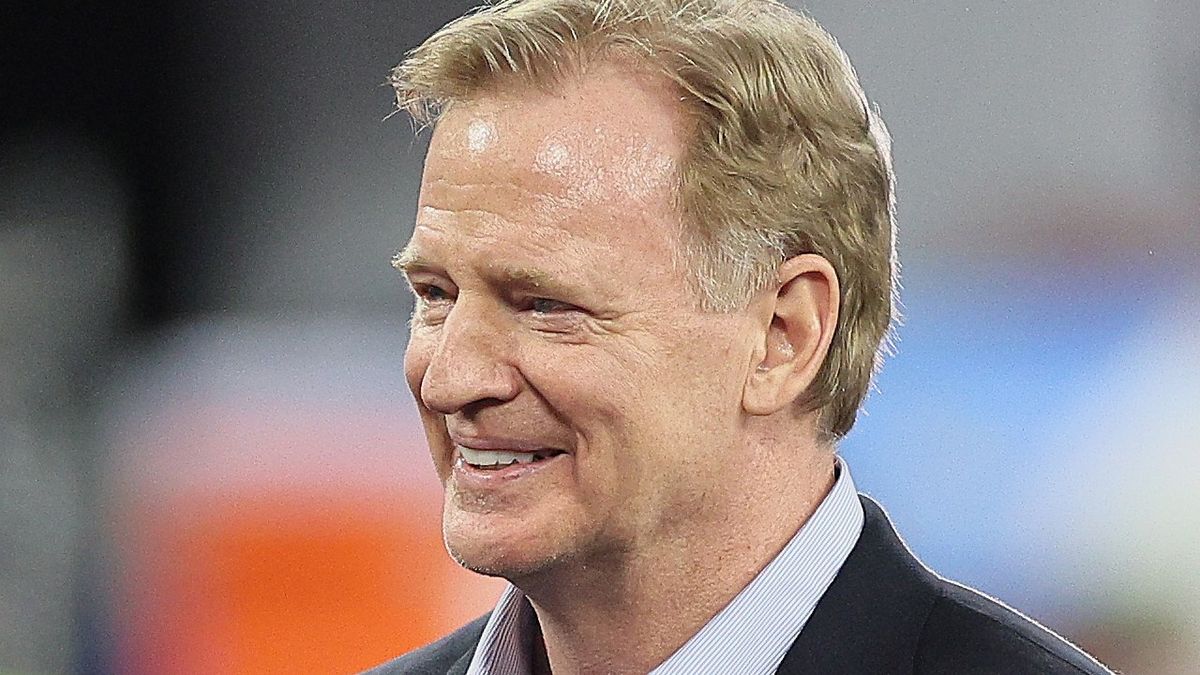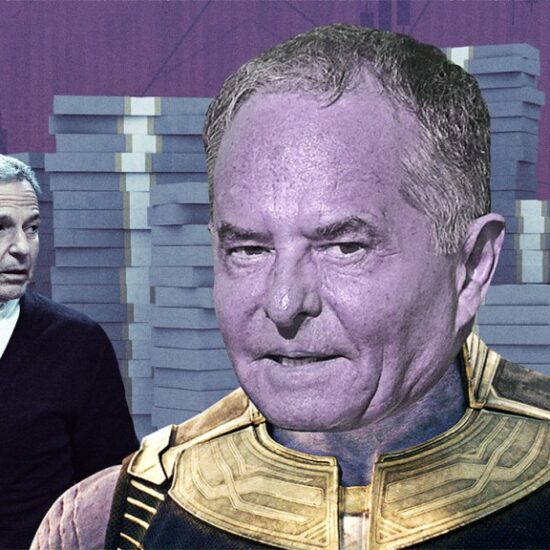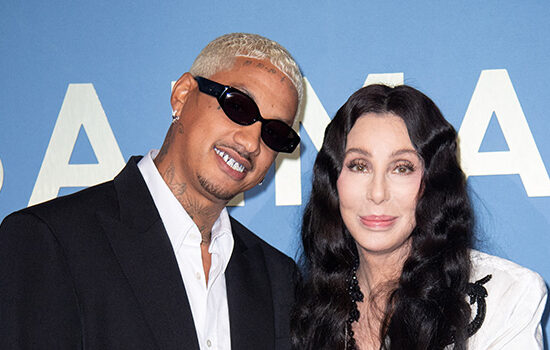
If you have DirecTV or AT&T Uverse, chances are you have been missing some channels for the last two and a half months. That’s because the providers’ shared parent company was in a feud with Nexstar, which caused 159 local network affiliates around the country to be shut off, as well as the cable network NewsNation. As someone personally affected by this mess, I can speak to how frustrating it has been, but it looks like we finally have some good news.
According to Deadline, the two companies are working on negotiating a deal and have decided to “temporarily” restore the signal to the stations in recognition of the “patience” customers have shown since the channels first went dark on July 2nd. As this is apparently a process more complicated than flipping a switch, they are going to start with all the stations that are broadcasting NFL games with an eye toward getting that done before kickoff today. You can read the joint statement below…
In recognition and appreciation of the continued patience of DirecTV customers and Nexstar viewers, the companies have agreed to temporarily return the signals of the Nexstar-owned stations and national cable news network NewsNation to DirecTV, DirecTV Stream and U-verse while we both work to complete the terms of an agreement.
Before I get into some negative thoughts, let’s celebrate the positive. I’m so glad this is happening, at least temporarily. Not having a random channel because there’s an argument over money outside of your control is really grating as a cable customer. Not being able to see NFL games because of that same argument is a travesty. I’m glad cooler heads have prevailed. The fact that the signal is being restored is likely a sign they’ve made meaningful forward progress in the negotiations. So, there’s reason to believe this may be the end of this mess.
But even amidst good news, I also need to acknowledge how emblematic this entire carriage fight is of why so many people have bailed on cable and television in general over the last decade. This isn’t some one off case. These fights happen all the time, and yet, prices have done nothing but get higher and higher. Earlier this month, it was Disney and Charter fighting it out, which thankfully came to terms. Next month it’ll be a different cable company and some other station squabbling over money.
And all of these fights might sound good to the companies themselves in the short-term. They might even seem an economic necessity, but in the long haul, all they do is drive more customers away from paid television and toward streaming services. Cable used to be an extremely profitable business model. When I was a kid, almost everyone I know had cable, but over the last twenty years, channels have done nothing but demand more money from cable companies to carry their programming.
This has driven prices through the roof and created a situation in which certain cable companies have certain channels and don’t have others. Now, we’re at the point where even stations that are available for free through an antenna (like most of these local stations owned by Nexstar) are demanding carriage fees, which then get passed on to customers. With more consolidation in the industry likely and more consumers expected to bail on cable over the next few years, it’s likely this problem will only get worse from here, as those in the industry fight over the shrinking revenue.
I have no idea who thinks they won this negotiation, but both companies actually lost, just as they do in every single one of these standoffs because it’s driven God knows how many more customers to look at streaming service alternatives. But hey, at least we can all watch the full slate of NFL games today.














